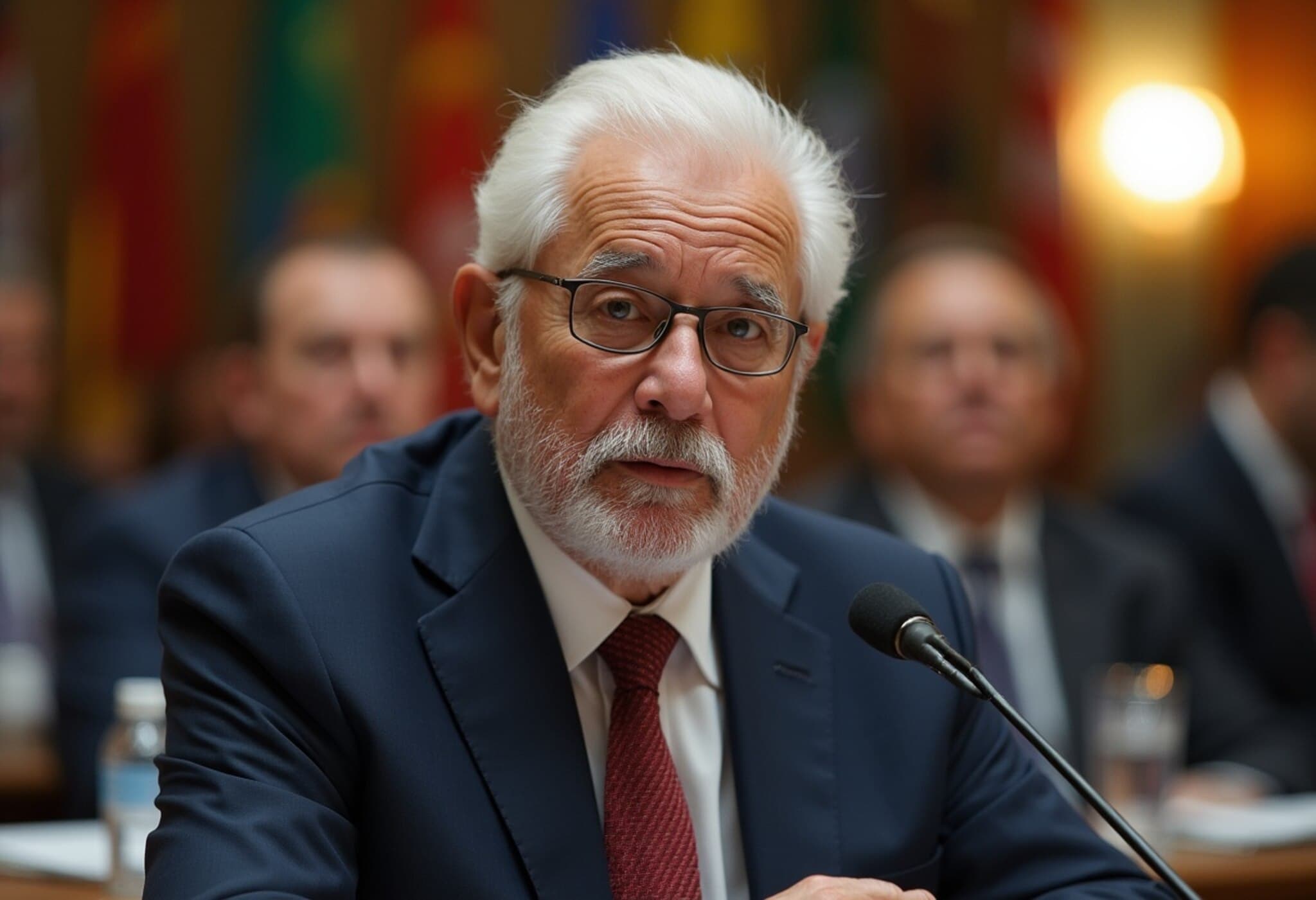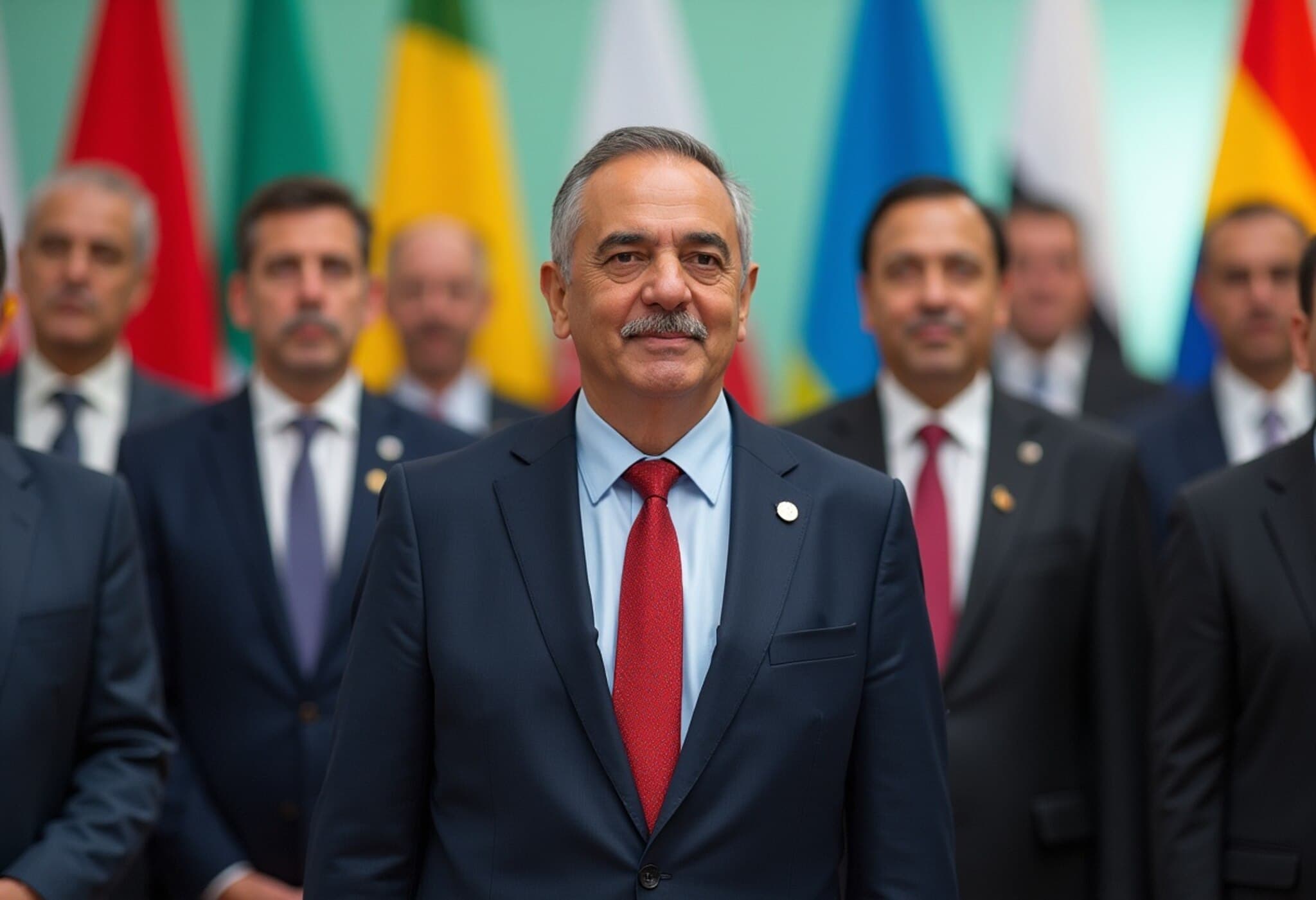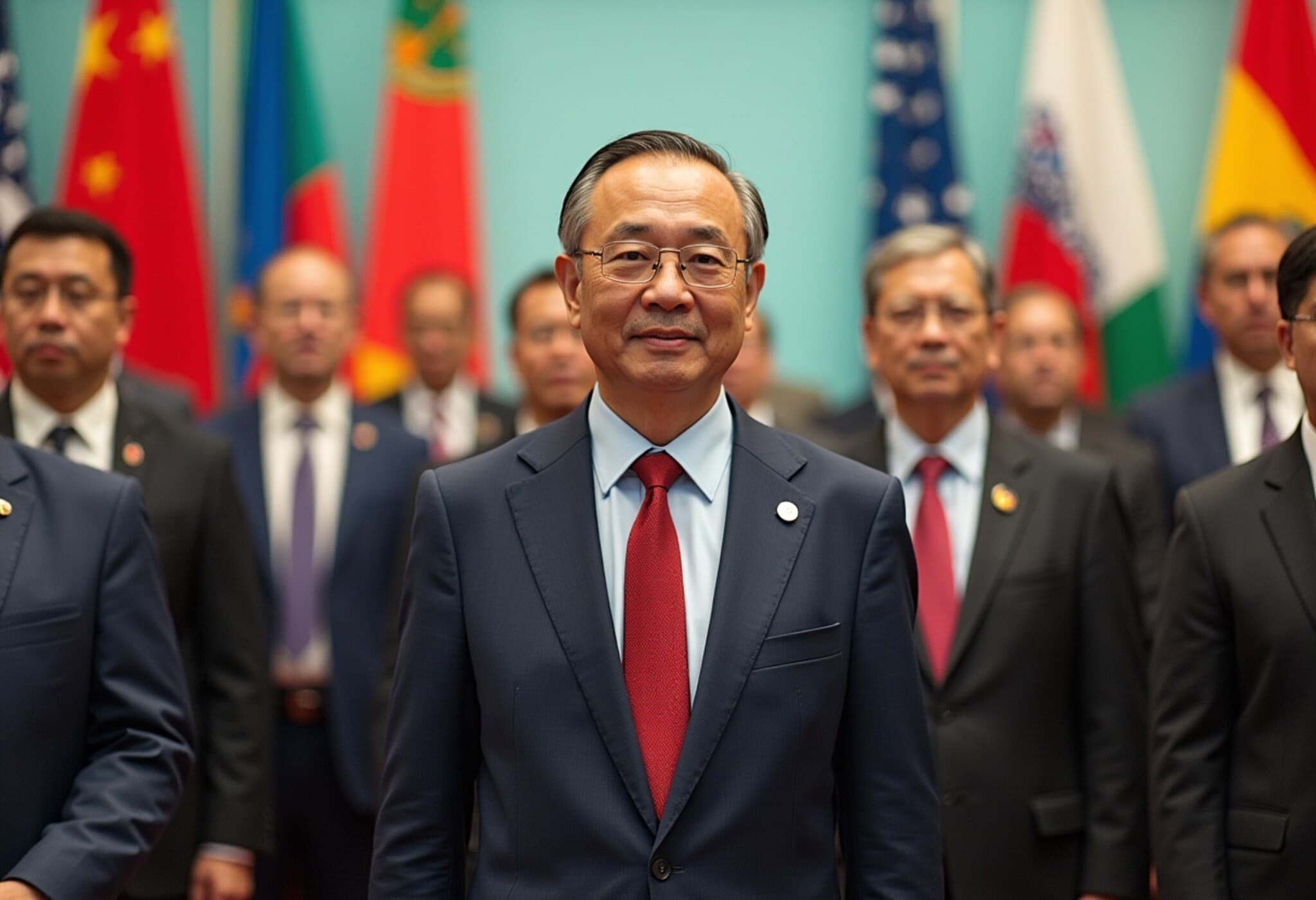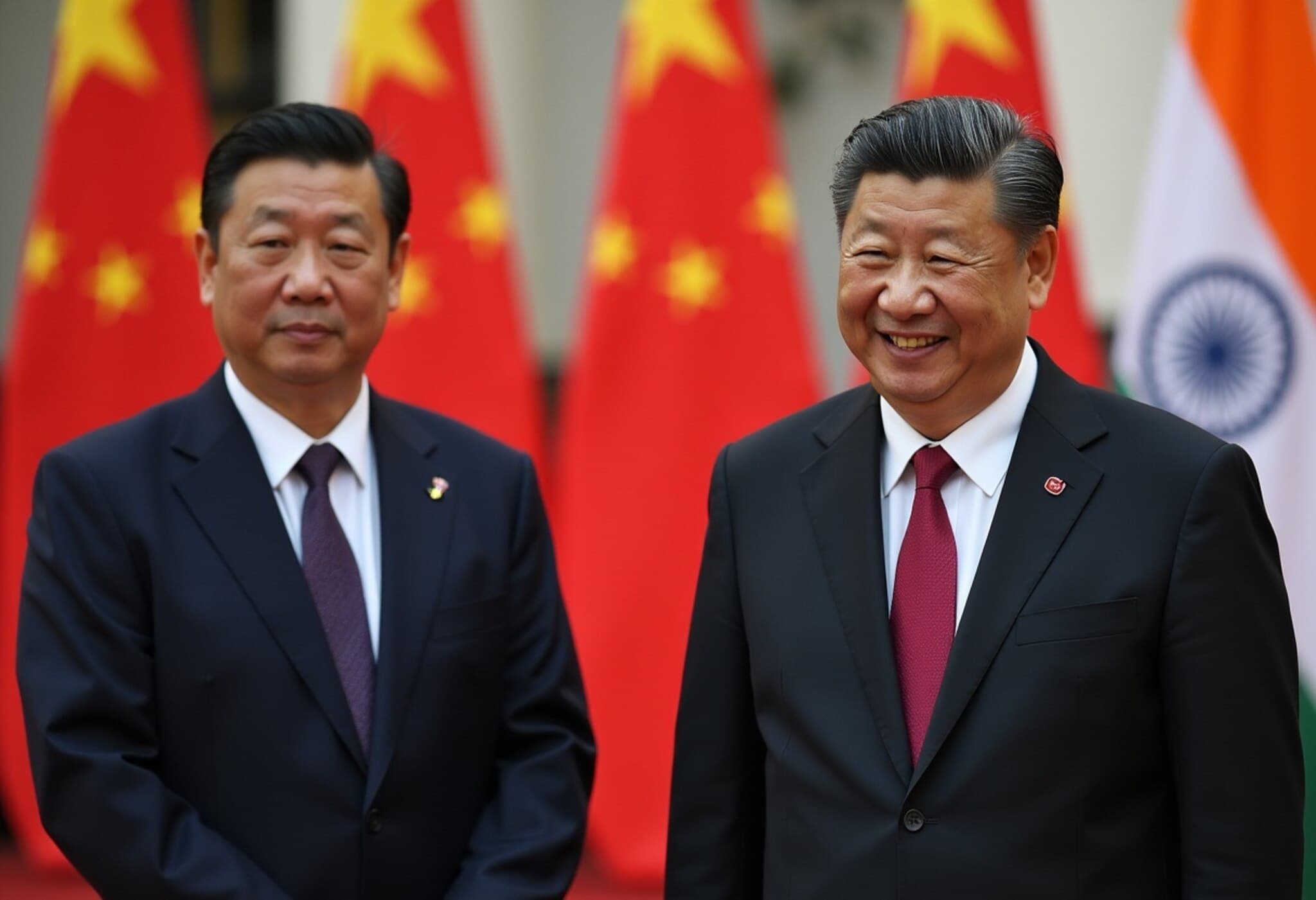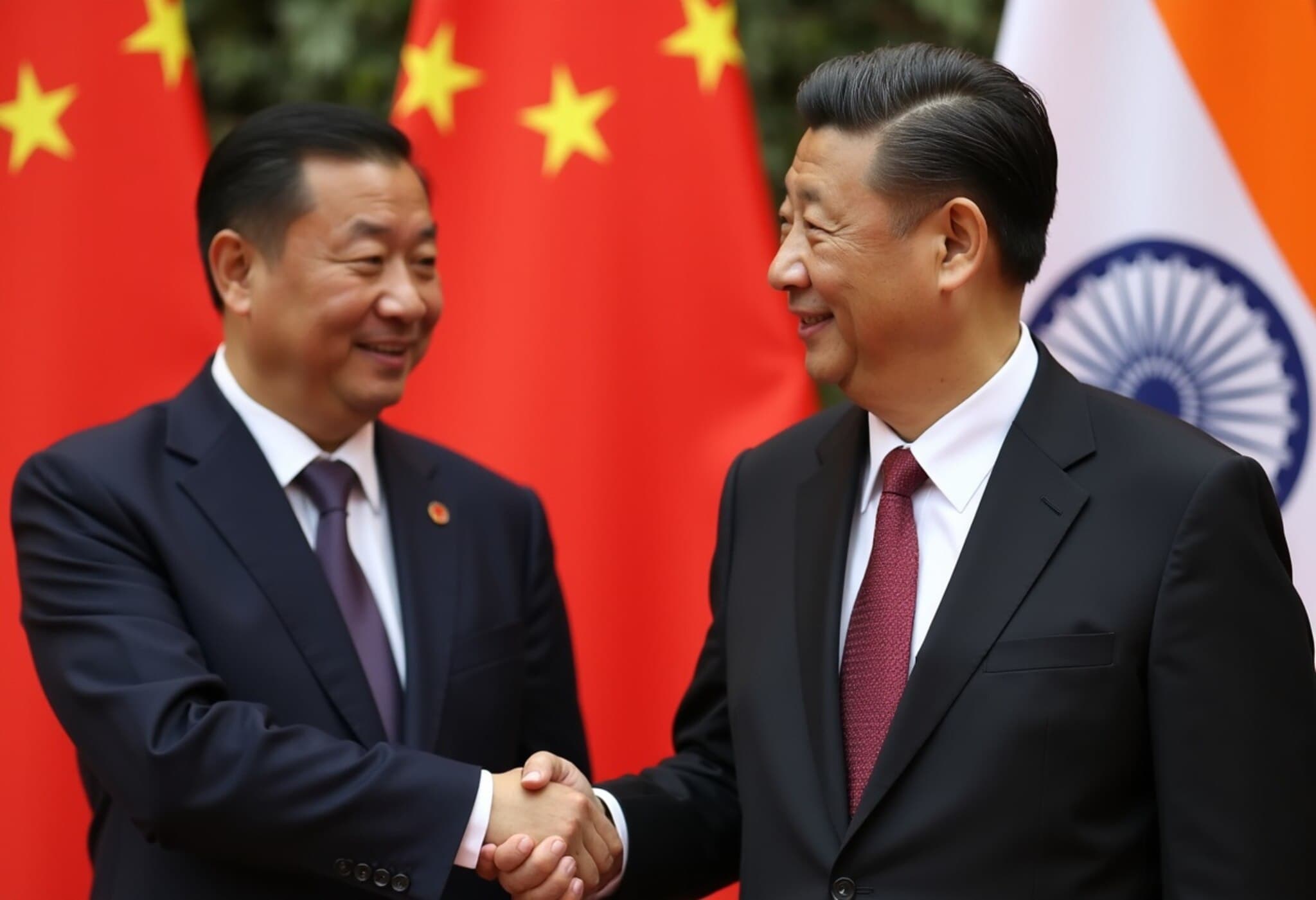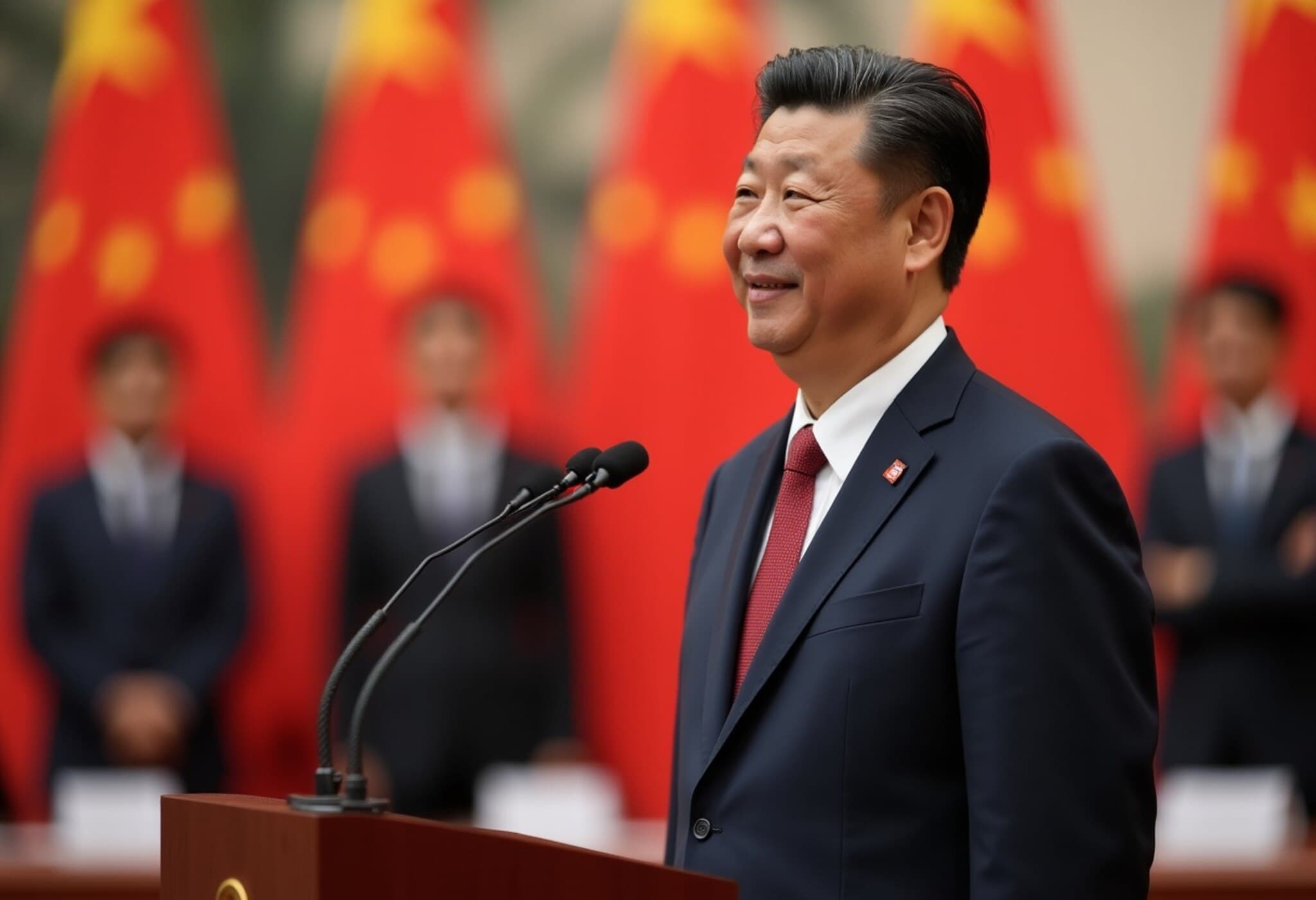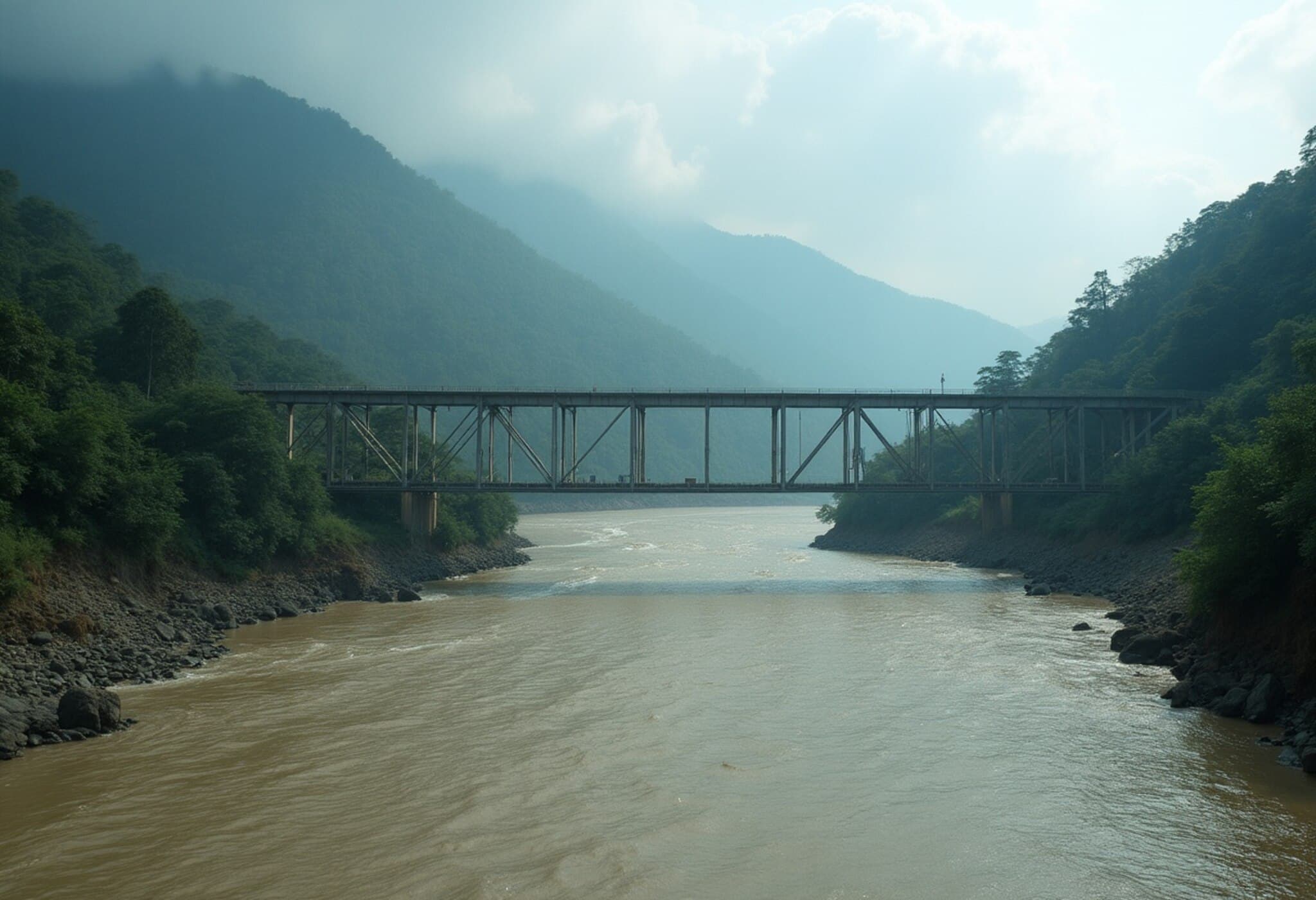BRICS 2025 Summit: A Turning Point in Global Economic Dynamics
As the 2025 BRICS summit concluded in Rio de Janeiro, Brazilian President Luiz Inácio Lula da Silva delivered a poignant message criticizing established global power structures, underscoring a shifting tide in international economic relations. His remarks came on the heels of provocative tariff threats issued by former U.S. President Donald Trump, who warned of imposing a 10% tariff on BRICS members should the bloc adopt what he called “anti-American” policies. Lula’s response was clear: "The world has changed. We don't want an emperor."
Rejecting Economic Imperialism
Lula’s statement challenges the longstanding dominance of the United States in global economic policy, symbolized by Trump's tariff threats. These threats — perceived as an attempt to coerce BRICS nations into aligning with U.S. interests — sparked resistance within the bloc, which comprises Brazil, Russia, India, China, and South Africa. The Brazilian leader emphasized that these emerging powers are exploring alternative models for structuring global economic cooperation, signaling unease with unilateral tariff escalations that undermine multilateral trade frameworks.
Tariffs and Trade: A Delicate Balancing Act
While the Trump administration hinted at immediate tariff implementation, sources indicate a cautious approach, reserving the right to act if BRICS policies become openly adversarial. This dynamic highlights the complexities of trade diplomacy in a multipolar world. BRICS countries have openly expressed concerns regarding escalating tariffs, highlighting risks such as:
- Disruptions in global supply chains
- Increased market uncertainty
- Reduced global trade volumes
Furthermore, the group stressed these tariff measures clash with World Trade Organization rules, raising critical legal and diplomatic questions about the use of tariffs as a geopolitical tool.
Rethinking the Dollar’s Dominance
A notably bold aspect of Lula’s speech was his call to reduce the world’s dependency on the U.S. dollar in international trade. He elaborated: “The world needs to find a way that our trade relations don't have to pass through the dollar.” While acknowledging the complexity of this transition, he recommended a measured, collaborative approach involving central banks globally to gradually establish alternative mechanisms.
This perspective aligns with ongoing discussions among BRICS members, as attempts to establish a common currency or complementary financial infrastructure have been cautiously explored, albeit with muted enthusiasm amid external pressures. The specter of tariff escalations — including prior rhetoric from Trump threatening up to 100% tariffs — appears to have tempered these ambitions, at least temporarily.
Diplomatic Nuances Within BRICS
Interestingly, some BRICS representatives adopted a more measured tone in response to the U.S. threat. South African President Cyril Ramaphosa emphasized that BRICS does not seek direct competition but rather collaboration, expressing hope for constructive trade relations with the U.S. Chinese officials echoed this stance, advocating for "win-win cooperation" and condemning the use of tariffs as coercive instruments.
The Kremlin reiterated the bloc’s commitment to shared global perspectives, emphasizing that BRICS activities are not targeted against any other nation. This delicate diplomacy underscores the members’ diversity and their shared interest in charting a cooperative, multipolar future despite geopolitical tensions.
Implications for the United States and Global Trade
The ongoing tariff threats raise critical questions for U.S. trade policy and its vision for global economic leadership. The unilateral imposition of tariffs risks alienating significant emerging economies and destabilizing fundamental global trade institutions like the WTO. Moreover, the confrontational approach may accelerate efforts within BRICS to establish alternative economic systems, potentially diminishing the dollar’s hegemony and reshaping international finance in profound ways.
Experts argue that sustainable leadership in the global economy will require the United States to engage more cooperatively with emerging powers, balancing national interests with the collective need for stable, inclusive trade regimes.
Editor’s Note
The 2025 BRICS summit in Rio marks a critical juncture where emerging economies are actively redefining global economic governance. President Lula’s candid critique of economic imperialism and his advocacy for diversifying away from dollar dependency reflects deep currents of change. While the U.S. tariff threats may aim to reinforce American interests, they risk accelerating the search for alternatives and inadvertently catalyzing a more fragmented, multipolar economic order.
For readers and policymakers alike, the pressing questions are: How will global powers navigate this evolving landscape? Can the international community uphold the principles of multilateralism amid rising nationalist pressures? And what role will emerging economic blocs like BRICS play in shaping a more balanced and equitable global economy? The answers will be vital to understanding the future of international trade and diplomacy.

